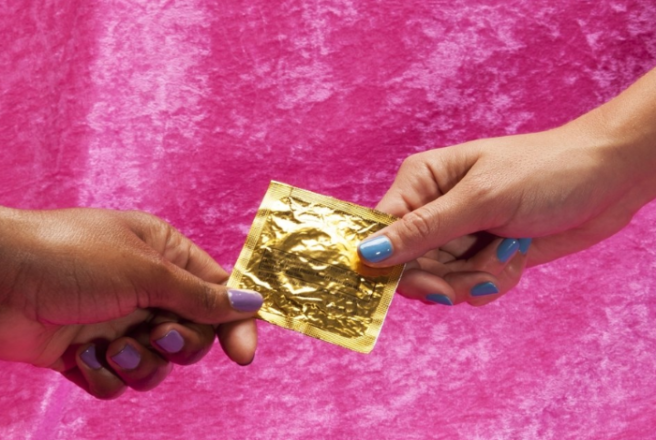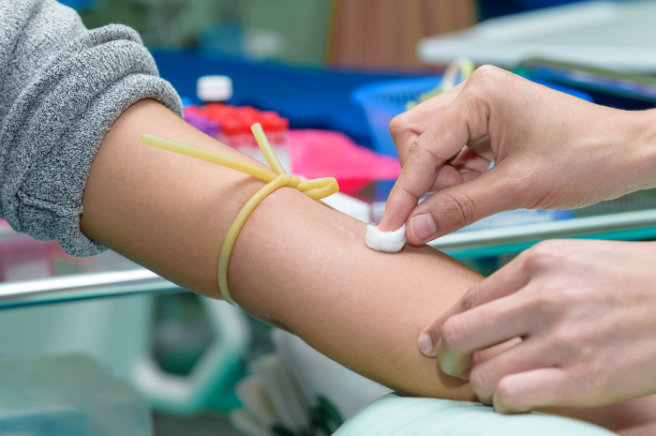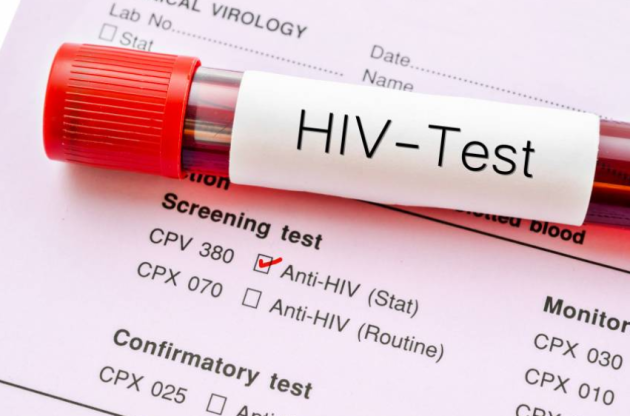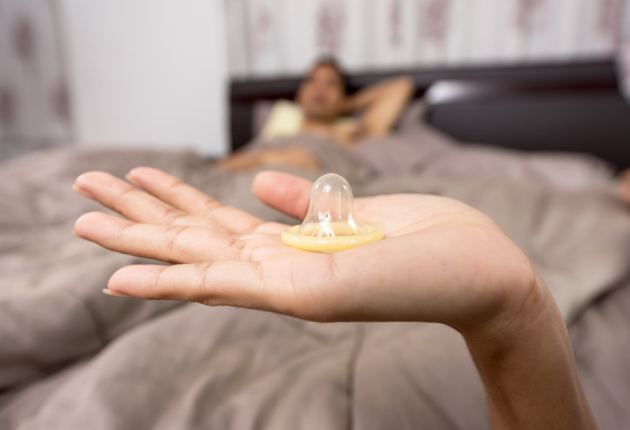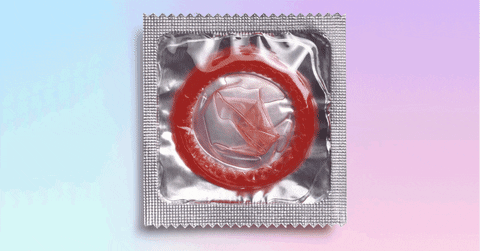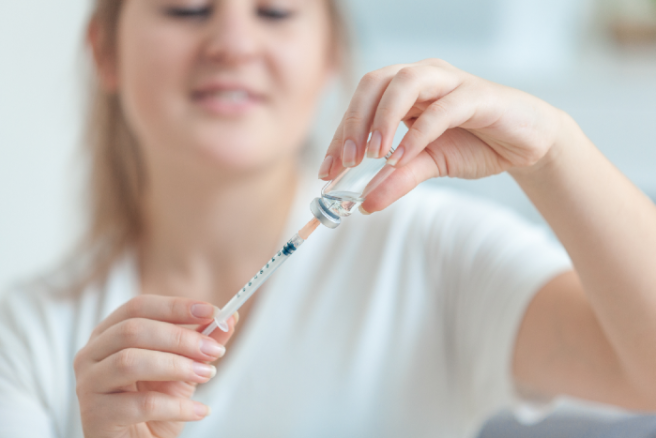
First ever vaccine against chlamydia passes initial test
A clinical trial testing the first ever vaccine to treat chlamydia has passed the initial round of testing, according to The Journal.
Scientists have now moved closer to a superior treatment for the STI after patients reacted well to a newly developed vaccine.
The Lancet journal have published a study which found that the first trial of the vaccine discovered it was safe and provoked the hoped-for immune system response.
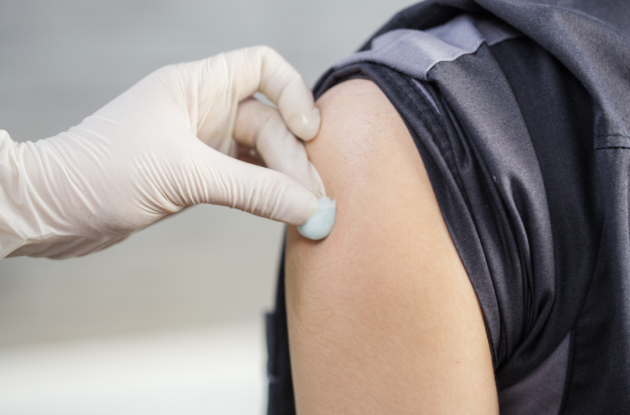
Over 131 million people become infected by chlamydia annually, and the disease is undeniably a global issue. The highest number of new cases are discovered in teenagers and young adults.
Chlamydia is known as the 'silent' STI, as it usually fails to produce symptoms. Scientists are hopeful that a vaccine is the best way to fight the disease, which is reaching epidemic proportions.
National treatment programmes have predominantly failed to curb high rates, including testing and antibiotics. Those infected potentially develop partial or temporary immunity to the STI.
Researchers at Imperial College London and the Statens Serum Institiut, Copenhagen, were successful in their initial vaccine test.
The trial included 35 women, and two formulations of the vaccine were trialed. Scientists advice focusing on just one formulation going forward.
“A global unmet medical need exists for a vaccine against genital chlamydia,” said Prof Peter Andersen of the Statens Serum Institut, who called the extent of the disease an “epidemic”.
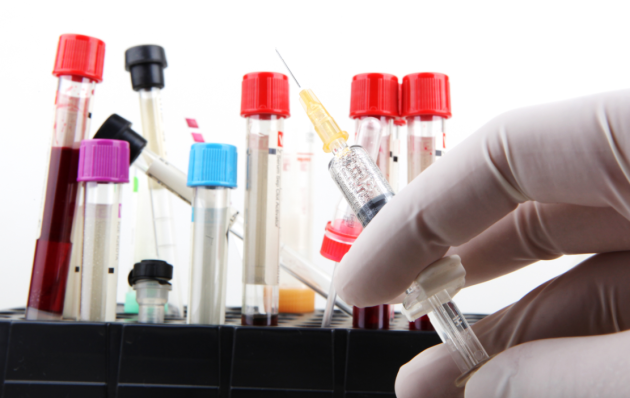
One-in-six women experience inflammation of the pelvis due to chlamydia, which can lead to chronic pain, infertility or ectopic pregnancy as well as increasing susceptibility to other STIs.
“Although many more years of research are needed before this vaccine is marketed, we are planning the next stage of research,” said Helene B Juel of the Statens Serum Institut.
Almost 8,000 cases of chlamydia were reported between 2017 and 2018 nationwide. Latest figures show that there was a 7 percent increase in sexually transmitted infections during those years.
Men made up a higher number of cases of STIs overall but for chlamydia, men and women were equally likely to become infected.







